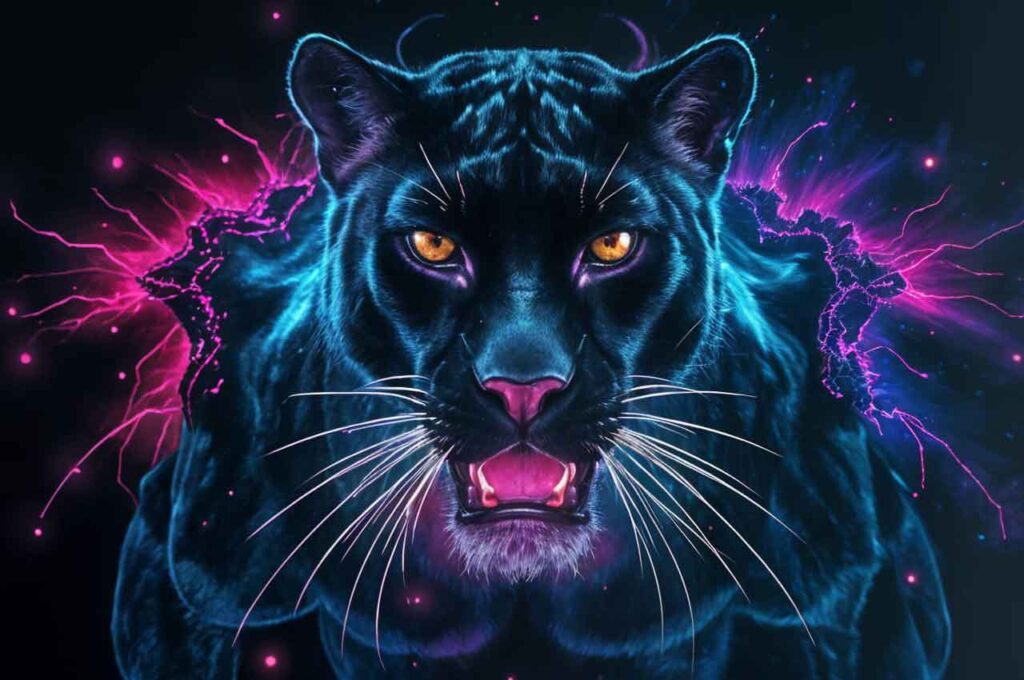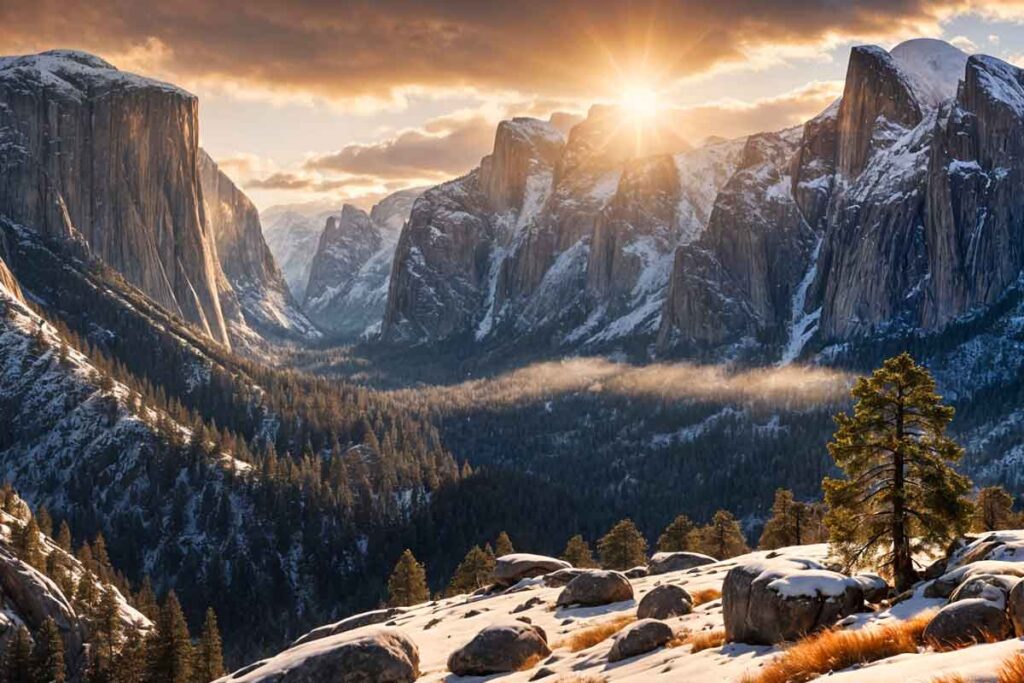In 2021 and 2022, I faced death. Twice. I underwent two major spinal reconstructions. C1-T5; brainstem to middle of my back. Each surgery required serious metal hardware and came with a stern warning tag from my neurosurgeon: “Before we proceed with surgery, you must understand that you have a medium to strong chance of waking up paralyzed. And a fifty-percent chance of not waking up at all.”
What the actual fuck?
First I have full blown CIDP then after years of working to contain this rare, incurable shit-fest of a disease, I might die from a spinal whack-a-doo whatever.
What the actual, actual fuck?
The emergency surgeries were all due to my spine disintegrating from long-term use of the steroid, Prednisone. I have lots to say about the use of Prednisone. But that’s a whole other article.
Now, I didn’t write this piece to have you organize a cheering squad screaming, “You’re amazing! You’re a rockstar! We’re here for you!”
No, the reason is a much deeper quandary. I was being triggered into depression for three years after the surgeries. And it was the most empty feeling I’ve ever experienced.
Day after day, after fifty years in theatre, I realized that so many of my super close friends or day-to-day colleagues had either ghosted my attempts to communicate or worse, just never checked in on me at all.
Three years of nothing. Truth.
It rocked my world to the core and brought to the surface a word I guess I had taken for granted all my life. Legacy.
Theatre singer, dancer, actor turned teacher, director, and choreographer for so many years made me feel strangely empowered with the sense I would always leave behind an indelible mark on everyone I touched. They would remember me and honor me as an amazing source of theatre leadership, full of knowledge and passion. And a dear friend who always practiced unconditional love.
In my life, I was that person who never stopped to rely on anyone, save for my best friend Barb or my partner, Abel. But I needed people now, more than ever. And just as I was reaching out, the most tragic, bizarre mass exodus of friendship occurred.
“If they weren’t here for me now, would they bother to be here at the end of my life? More heartbreaking, would I even want them there?”
And thus, the word legacy kept pounding on my brain every day, for three years. A cruel, rustic mallet that would not let up.
To survive, sometimes we have to reinvent. Which brings me to how I finally transformed the meaning of that torturous word in my life.

What Is Legacy, Really?
Legacy. It’s a word we often associate with greatness. Fame, fortune, or something we leave behind to prove we were here. But what happens when your life doesn’t go as planned? When illness rewrites your narrative, or the spotlight fades too early? What if the only person who remembers your life is …you?
“Legacy isn’t always what we leave behind. Sometimes it’s what we leave within.”
Let’s explore the evolving meaning of legacy through the eyes of those navigating chronic illness, lost time, aging artistry, and personal reinvention.
In Youth, Legacy Is a Performance
In my 20s and 30s, legacy felt like a performance – choreographed by ambition and driven by the belief that visibility equals value. For many entertainers, artists, and dreamers, every gig, role, or opening night seems like the next step toward “being somebody.” I’ve seen it many times. Myself included.
“For performers chasing legacy, every gig feels like a step toward immortality.”
But time may have other plans. And the pursuit of legacy might begin to feel like building a sandcastle with a tide schedule no one ever warned you about.

The Cruel Interruption: Chronic Illness and the Disappearing Trail
For those living with chronic illness, your story can take a sharp turn. You don’t retire your dreams – you’re forced into a new life. Jobs disappear. Social circles shrink. Your old self becomes a memory wrapped in pain and medical appointments. Been there, done it.
“You’re told to ‘pivot,’ as if reinvention were as simple as rebranding a business – not mourning a self.”
The Aging Artist: Fame, Echoes, and Empty Hands
Entertainers – actors, musicians, dancers – often live in pursuit of legacy. I know I did. But gigs are fleeting, and fame is fickle. One day you’re adored, the next, forgotten.
“You spent decades giving people joy. Now, no one texts back.”
As age creeps in, many performers find themselves with nothing but the echoes of their youth. The industry just keeps moving on without them. So who were you really doing it for? That’s a great question. Stop and think, like right now.
Maybe We’ve Got Legacy All Wrong
Here’s a radical reframe: Legacy is not what the world remembers about us. It’s what others carry because of us.
- The student who found courage after watching you endure.
- The stranger who smiled longer because you were kind on the worst day of their life.
- The daughter of a nurse who chose medicine after hearing your story of strength.
“Legacy is not always about what we do. Sometimes it’s about what we survive.”

The Art of Cracked Wholeness
There’s a Japanese concept called kintsugi—the art of repairing broken pottery with gold. The cracks aren’t hidden; they’re honored.
“Maybe our truest legacy lies not in being whole, but in being visibly broken—and still willing to shine.
Whether you’ve surviving disease, anonymity, or the slow fading of your previous self, your story matters – even if no one applauds at the end.
New Questions – Later Years
As we age, hopefully our relationship to legacy shifts. We stop asking “How will they remember me?” and begin asking:
- Did I live in a way that was honest?
- Did I offer kindness even when no one was watching?
- Did I turn my scars into something beautiful?
“Legacy is not a window that closes. It’s a door that opens, allowing our inner light to shift and shine.”
Full Circle: What If You’re the Only One Who Remembers?
So let’s ask it again but with new understanding:
What if you’re the only one who remembers you?
Then you better remember the fuck out of yourself.
- Remember the nights you didn’t give up.
- Remember the years you reinvented a life you didn’t choose.
- Remember the love, the loss, the fight, the renewal.
Because maybe the point was never to be remembered by the world.
Maybe the point was to live a life worth remembering – by you.
Namaste,
Scott ❤️



